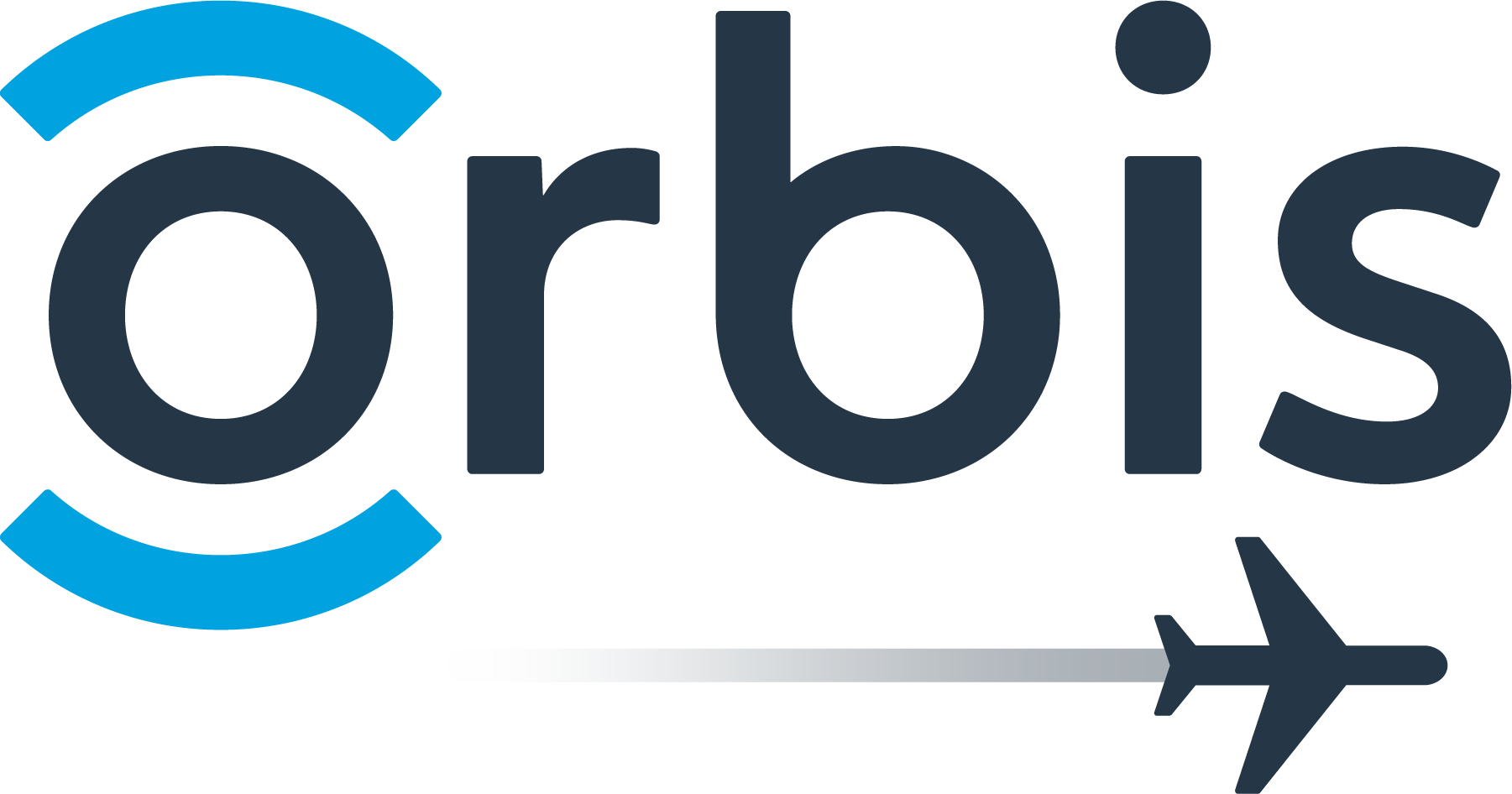
- Ophthalmology Times: November 2023
- Volume 48
- Issue 11
Virtual simulation training offers assist

Orbis advances cataract surgery training in low-resource areas with technology
Reviewed by Maria Jose Montero, MD
Cataract extraction is the most frequently performed ocular surgery worldwide and likely the most gratifying, considering the instant restoration of vision. However, the rates of cataract extractions with favorable outcomes in low-resource regions of the world are below that of high-income countries.1
Maria Montero, MD, associate director of Clinical Services for Orbis International’s Flying Eye Hospital, described how this problem is being addressed head-on by Orbis at the Women In Ophthalmology Summer Symposium on Marco Island, Florida.
She explained that a 2017 survey conducted across 20 low- and middle-income countries found that only 36.7% of operable cataracts had been successfully operated with favorable outcomes, highlighting the need for improved effective cataract surgical coverage.
Orbis recognized this educational gap decades ago and brings world-class medical experts together with those in need of training. Orbis trains eye care professionals in both surgical and simulated environments.
Orbis defines simulation as replication of clinical and/or surgical skills in a controlled environment where the modality of teaching does not involve a human patient.
Virtual simulation
Orbis offers simulation training in several capacities including creating traditional simulation centers at partner training hospitals and offering virtual simulation training through Cybersight, Orbis’s telemedicine and e-learning platform.
The virtual simulation training project pairs local residents with an international expert via real-time video conference. The project involves weekly lectures coupled with wet lab assignments on a specific step or steps in the surgical procedure. These assignments are video recorded and uploaded to Cybersight for grading and feedback by the remote professor. This feedback is critical, as it monitors the progress of the resident’s skill development and ensures that they don’t learn incorrect techniques, such as poor instrument manipulation and hold.
This remote simulation training approach has demonstrated improvement in the quality of residents’ surgeries. It also provides simulation training for residents where faculty staff have limited time due to staff shortages.
Montero noted that to get the full benefits of simulation and measure the improvement in knowledge and skills, simulation centers must use a validated and reliable assessment tool.
“Our assessment tool allows measurement of the learner’s progress toward the defined learning objectives and competencies of the simulation training,” she said.
The tools must be objective, reliable, and validated as well as easy to use and applicable to learning objectives. The evaluation tools also outline the reasons for evaluation so that participants understand the purpose.
Achievements
The project titled Virtual Wet Lab Training in Manual Small-Incision Cataract Surgery trained 9 Indian ophthalmology residents in manual small incision cataract surgery (MSICS) through Cybersight. During the training, weekly live lectures addressed specific steps involved in the MSICS. After each live lecture, the residents recorded 2 assignment videos in the wet lab during which they practiced the surgical step learned on artificial eyes.
The assignment videos then were uploaded to the Cybersight website, where pre- and posttraining surgical simulation videos were masked, anonymized, and graded using the Ophthalmic Simulated Surgical Competency Assessment Rubric—Manual Small-Incision Cataract Surgery.
The residents also completed an anonymous posttraining survey to register their level of satisfaction with the training.
A second project was the virtual remote training in advanced phacoemulsification skills. During this 4-month program, 6 learners joined 2-day online simulation workshops, at 2 locations in Santiago, Chile.
The students connected their simulation microscope to an online call and practiced their advanced phacoemulsification techniques on artificial eyes in real time with an Orbis Volunteer Faculty member who was in Mexico or the United States. On the second day of the workshop, the students and mentors convened for follow-on lectures and discussion sessions concerning the hands-on simulation training from the previous day.
Maria Jose Montero, MD
E: [email protected]
Montero has no financial interest in this content.
Reference
1. Lee AG, Greenlee E, Oetting TA, et al. The Iowa Ophthalmology Wet Laboratory curriculum for teaching and assessing cataract surgical competency. Ophthalmology. 2007;114:e21-6; doi: 10.1016/j.ophtha.2006.07.051
Articles in this issue
about 2 years ago
Editorial: Pulling back the veil of gender bias in the workplaceabout 2 years ago
When managing cases of dry eye, expect the unexpectedabout 2 years ago
Ophthalmology can set pace for regulatory-grade real-world dataabout 2 years ago
Two-year results of laser scleral microporationabout 2 years ago
Image may be everything with ultrawidefield-guided swept-source OCTabout 2 years ago
Optic Relief - 2023 IssuesNewsletter
Don’t miss out—get Ophthalmology Times updates on the latest clinical advancements and expert interviews, straight to your inbox.





























